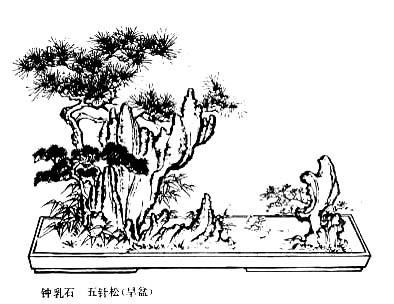Lun Yu 
 – Les Entretiens de Confucius
– Les Entretiens de Confucius
Le Maître échange propos, anecdotes, brèves paraboles et maximes avec ses disciples. Tr. Couvreur (fr), Legge (en) et Lau (en).
Lunyu XII. 6. (299)
Tzeu tchang demanda en quoi consiste la lucidité. Le Maître répondit : « Ne pas se laisser imprégner par les calomnies, ni se laisser meurtrir par les accusations ; cela peut s'appeler lucidité. Ne pas se laisser imprégner par les calomnies, ni se laisser meurtrir par les accusations, c'est la lucidité d'un homme qui voit loin. »
Couvreur XII.6.
What constitutes intelligence:– addressed to Tsze-chang.
Tsze-chang asked what constituted intelligence. The Master said, "He with whom neither slander that gradually soaks into the mind, nor statements that startle like a wound in the flesh, are successful, may be called intelligent indeed. Yea, he with whom neither soaking slander, nor startling statements, are successful, may be called farseeing."
Legge XII.6.
Tzu-chang asked about perspicacity. The Master said, 'When a man is not influenced by slanders which are assiduously repeated or by complaints for which he feels a direct sympathy, he can be said to be perspicacious. He can at the same time be said to be farsighted.'
Lau [12:6]

Les Entretiens de Confucius – Lun Yu XII. 6. (299) – Chinois off/on – Français/English
Alias the Lunyu, the Lun Yü, the Analects, les Entretiens du maître avec ses disciples.
Le Canon des Poèmes, Les Entretiens, La Grande Étude, Le Juste Milieu, Les Trois Caractères, Le Livre des Mutations, De la Voie et la Vertu, 300 poèmes Tang, L'Art de la guerre, Trente-six stratagèmes
Bienvenue, aide, notes, introduction, table.
Index – Contact – Haut de page























